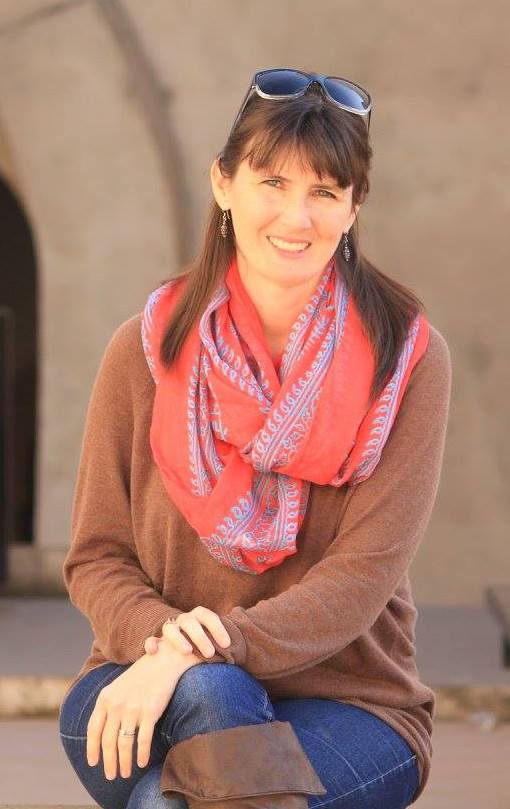| Posted January 5, 2021 | By Rev. Dr. Taylor Denyer | Categorized under Missiology and Praxis |
Many of us who have devoted our lives to boundary-crossing ministries know well the gnawing feeling that, despite our good intensions, our work may actually be doing more harm than good-or, at least, doing more harm than we realize. Confessing this out loud can be scary; we risk damaging relationships, losing funding, and even being exiled from our home church communities when we earnestly seek to identify and repent of ugly truths about ourselves. And yet, it is through the continual process of soul searching and repentance that we draw closer to God and one another, becoming more fruitful disciples of Christ.
In recent years, an increasing number of folks with decades of ministry and anti-poverty work experience have boldly spoken their constructive criticisms and been heard. Books such as When Helping Hurts and Toxic Charity have made it onto mainstream bestseller lists and are joined by a chorus of similarly themed publications. And yet, these introductory texts barely scratch the surface of the deeper more painful issues that must be addressed-issues that sit at the intersection of vanity, racism, power imbalances, trauma, exploitation, hero-complexes, and alienation. If we are truly serious about a life of discipleship, of accompanying the vulnerable among us, bandaging the wounded, and announcing Good News to the poor and oppressed, we must be vigilant in our efforts to know ourselves better, be honest about our wounds and complicity in the world's problems, and seek out and shatter every golden calf we were taught to adore-even if it means parting ways with beloved church mission practices and traditions.
It was with this resolve that I entered into my doctoral research. As a second-generation missiologist pastor committed to standing in solidarity with The United Methodist Church (UMC) in the DR Congo, I wanted to analyze and learn from the mistakes I had made over the years, understand the myriad of invisible dynamics at play that had caused these stumbles, find out what work I needed to do on myself, and share my findings with others. This quest took me on a long and emotionally grueling journey, and my findings eventually took the form of a book that was selected in 2019 for inclusion in the American Society of Missiology's Monograph Series: Decolonizing Mission Partnerships: Evolving Collaboration between United Methodists in North Katanga and the United States of America.
While examining the history and recent shifts of relational dynamics between American and Congolese United Methodists in the North Katanga Conference (DR Congo), Decolonizing Mission Partnerships explores how colonial partnerships can be transformed into healthy boundary-crossing ministry partnerships. While much of the book's content is specific to the context of The UMC in North Katanga and its relationship with (primarily White) Americans, it sets up a conceptual framework through which one can analyze other missional collaborations in postcolonial contexts. Every postcolonial or cross-racial missional collaboration must wrestle with the legacies of colonialism, racism, and unhealed trauma. If they don't, those legacies will undermine their efforts, carrying that pain, shame, and harm into the next generation.
My prayer is that my book will serve as a useful tool for those seeking to create Christ-filled legacies of healing and atonement. If after reading it you would like to continue the conversation together, I would love to hear from you. I can be reached at [email protected] or on WhatsApp at +1-317-408-5036.
Praise for Decolonizing Mission Partnerships:
"Taylor Denyer's research on the dimensions of one colonized partnership-and what it would take to decolonize it-presents an informative case study and a compelling challenge. Her skillful integration of several academic conversations into a single missiological framework provides a helpful model for further reflection on transforming mission partnerships. This hope-giving study embodies an ethos of deep listening and vulnerable self-criticism coupled with a determined personal commitment to work for change." - Johannes (Klippies) Kritzinger, Professor Emeritus of Missiology, University of South Africa
"Taylor Walters Denyer takes an important topic-the missional relationships between large groups of United Methodists from the North Katanga region of the Democratic Republic of Congo and from the United States-and analyzes it through a refreshingly wide variety of critical lenses. In so doing, she lifts up important Congolese voices, and adds her own unique voice, developed through close personal connections to the Katanga region about which she so knowledgeably and passionately writes." - Dr. David W. Scott, Consultant, Office of the General Secretary, General Board of Global Ministries, The United Methodist Church
"Decolonizing Mission Partnerships is a book that should lead us into redefining what it means to be a church engaged in God's mission. Structures and systems that support mission are called to reevaluate themselves through the lenses of the perspective and experiences that Rev. Denyer presents to us. I appeal local churches to reflect on the book." - The Rev. Dr. Mande Muyombo, United Methodist Bishop over the North Katanga Episcopal Area
By Rev. Dr. Taylor Denyer

Taylor Walters Denyer is a missiologist, pastor, and global nomad. She serves as president of Friendly Planet Missiology, Executive Assistant in the office of Bishop Mande Muyombo (The United Methodist Church's North Katanga Episcopal Area), Coordinator of the Central and Eastern European Association of Mission Studies' Doctoral Colloquium program, and is currently on loan to The Church of England, shepherding their congregation in Ljubljana, Slovenia.